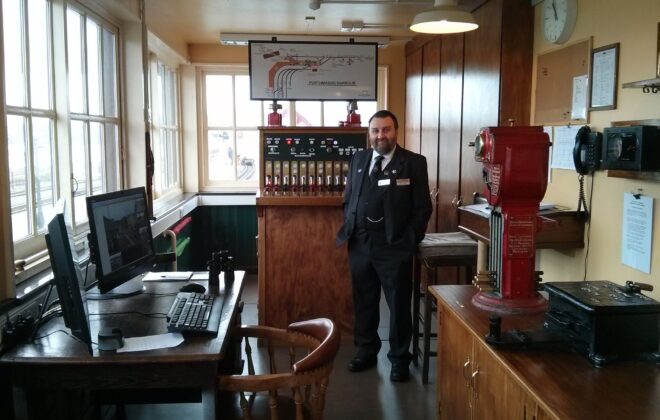Sustainable or regenerative?
Until I did my Permaculture Design Course with Steve Jones, I didn’t really pay attention to the words in the title. In my head ‘sustainable’ and ‘regenerative’ were synonymous, I hadn’t bothered to unpack them until I started to listen to Steve and Ian Steele, whose farm the course was held on.
Sustainable agriculture focuses on keeping things as they are and not letting them get any worse. It promotes stasis. Regenerative agriculture focuses on circularity in order to keep on improving soil, bio-diversity and yields through systems which feed into each other.
So on Treflach the pigs cleared a piece of land (which fed them) which is going to be grown with herbs and edible plants in order to test whether tilling the soil is better than not tilling the soil, in order to grow nutrient dense plants, which will go into the pies that Treflach farm make and sell, the left overs of which go to the pigs. The system is closed loop where there is no waste rather than an open drain. In the process they are learning how to support the land and the animals to be as healthy and productive as possible. Treflach also involve young people who have fallen out with mainstream systems. Working as a team and having their hands in the soil regenerates the young people too.

Ian’s energy is infectious and his intelligence and desire to keep on learning makes him an articulate and passionate part of the regenerative agriculture movement.
Which got me asking myself; ‘What would regenerative schools, prisons, healthcare look like?’
Imagine a healthcare system which focused on growing health, rather than curing health when things go wrong. Diet, exercise, lifestyle, flexible working patterns to reduce stress would all go a long way to increasing the nation’s health. Prisons try to be regenerative, turning offenders into learners and citizens who contribute to their community, but the recidivism rate is around 75% so reality isn’t living up to the aspiration.
I’m finding it harder to think what regenerative education might look like. I would love to see locally community ‘experts’ being able to get into schools to share their skills and experience whether in growing or leading or making. I would love to see intellectual learning being applied to practical problem solving which made life better for all. Mostly I would love it if the enthusiasm and curiosity which most children enter school with, was not flattened and bored out of them by the time by year 7.
Compost is a big deal in permaculture. Composting to retain and improve soil health. In human terms, this would mean investing in our roots and our innate physis towards self-actualisation. To fertilise health, we would feed our youngsters local, organic, nutrient rich food, we would keep screens away from brains, we would walk and move daily. We would encourage enquiry more than exam passing, problem solving and cooperation.
I am so much of a novice in all this and only just starting to integrate some of what I learned. Ian Steele has been working with the idea of regeneration and making it into how he lives his life, does business and nurtures his land and community. I have so much to learn about regeneration but it is a concept which I really think needs investigating in our lives. I don’t have answers to how to my questions above, but it is good to know that there are people ahead of me who are working out answers of their own.
Listen here or below:
If you enjoyed reading this please share it with friends. You might also be interested in talking to me about coaching , or maybe try some of my online courses (some are free), or treat yourself to a climate protecting pamper with vegan friendly, organic Tropic which supports the planting of forests and education in deprived areas.
Thanks for being here.
Julie
Tags In
Categories
- Be Here Now (110)
- Education (40)
- Endings (58)
- environment (96)
- Inspiration (111)
- Podcasts and videos (49)
- Psychology and Emotions (147)
- Relationships and Family (150)
- Spirituality (70)
- stories and poems (95)
- Thinking Differently (186)
- Uncategorized (8)
- Well-being (106)
- Women (80)
- Work (42)



